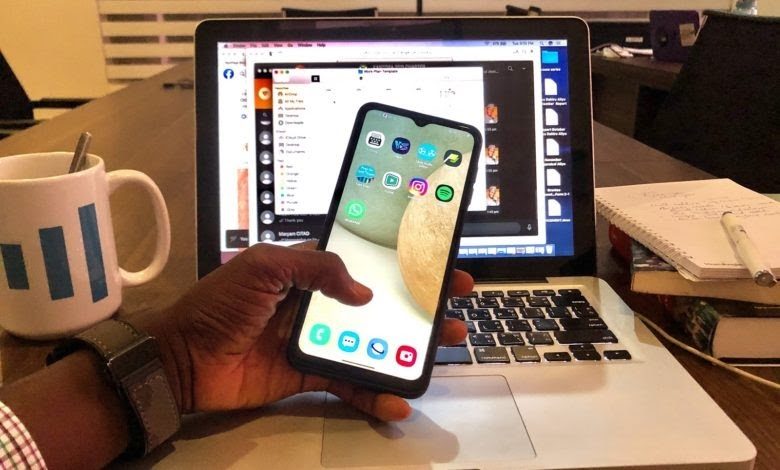Nigeria To Expand Electronic Surveillance Capabilities
Nigeria's security budget has revealed plans to acquire intelligence and surveillance technologies.

The Nigerian Government has allocated funds for the acquisition and expansion of spying and intelligence gathering capabilities.
In response to threats posed by terrorism and other forms of insecurities, the government has invested in building the capacity of spy agencies and units to conduct surveillance of internet, terrestrial, and satellite-based communication.
However, the expansion of surveillance capacity without necessary safeguards raises concerns about abuse and potential risk to civic space.
WhatsApp, one of the world’s most popular messaging app provides encrypted messaging to users and is widely used by activists and journalists.
A report by PR Nigeria indicated that the Parliament had approved budgets for the upgrade and provisions of surveillance assets at the NIA and Defence Intelligence Agency (DIA) for monitoring and intercepting calls and messages on mobile devices.
“The facilities for monitoring and interceptions have always been there with the intelligence services, with advancement in technology, the budgetary approval will go a long way in monitoring calls and messages on mobile devices, including Facebook, WhatsApp, Thuraya among other social media platforms,” a source told the news outlet.
HumAngle understands that the Nigeria Police and domestic intelligence agency (SSS) possess surveillance tools for monitoring and tracking communications and mobile phones.
Sunday Punch reported a few days ago that the police were depending on the SSS and Office of National Security Adviser (ONSA) for tracking, because their tracking technology was offline due to non-subscription and failure to carry out system upgrade.
In Dec. 2020, it was revealed in a study by the University of Toronto’s Citizen Lab that the DIA had acquired equipment to spy on calls and text messages.
According to the report, at least two entities in Nigeria were involved, stating that “One system may be operated by the same entity as one of the Nigerian customers of the FinFisher spyware that we detected in December 201.4”
“The other client appears to be the Nigerian Defence Intelligence Agency (DIA), as its firewall IPs are in AS37258, a block of IP addresses registered to “HQ Defence Intelligence Agency Asokoro, Nigeria, Abuj.”
The acquisition of communication monitoring technologies is often masked in budget lines of spy agencies, such as the DIA 2021 budget line covering the purchase of OSINT software.
A similar trend was highlighted in a study by the Digital rights group, Paradigm Initiative, on Nigeria’s budgeting of billions of naira for surveillance and digital forensics capacities between 2014 to 2017.
“Taking advantage of hi-tech equipment in enhancing national security will never be a balanced act until it is matched with the citizens’ right to privacy of communication and life,” Paradigm Initiative said.
The Digital Rights and Freedom Bill, rejected previously by the Nigerian President, Muhammadu Buhari, defines the legal framework regarding surveillance; digital freedoms and provides safeguards.
As the country expands surveillance capabilities of security forces to better respond to security threats, it has become imperative to set in place mechanisms to prevent abuses and infringement of the rights of citizens.
Support Our Journalism
There are millions of ordinary people affected by conflict in Africa whose stories are missing in the mainstream media. HumAngle is determined to tell those challenging and under-reported stories, hoping that the people impacted by these conflicts will find the safety and security they deserve.
To ensure that we continue to provide public service coverage, we have a small favour to ask you. We want you to be part of our journalistic endeavour by contributing a token to us.
Your donation will further promote a robust, free, and independent media.
Donate HereStay Closer To The Stories That Matter




